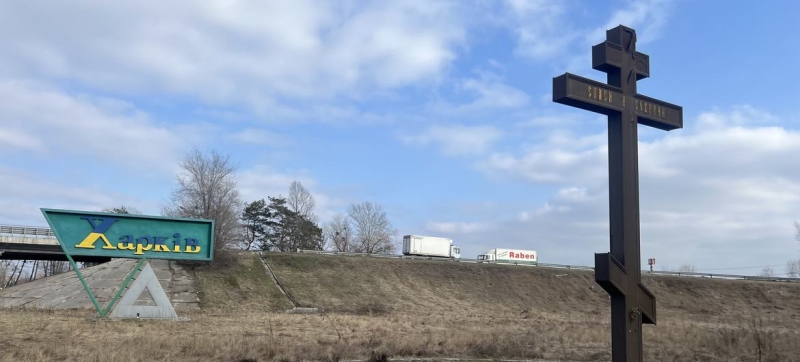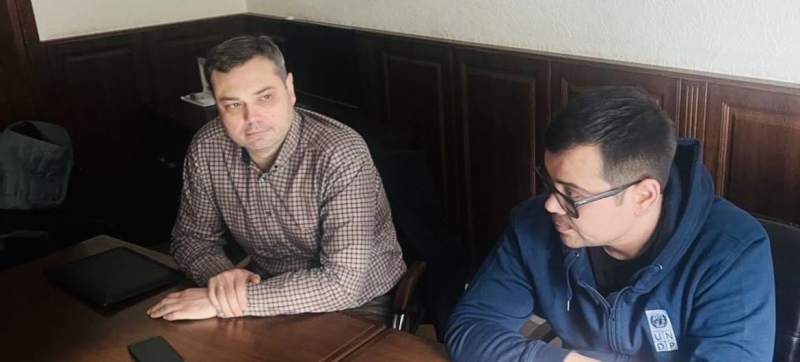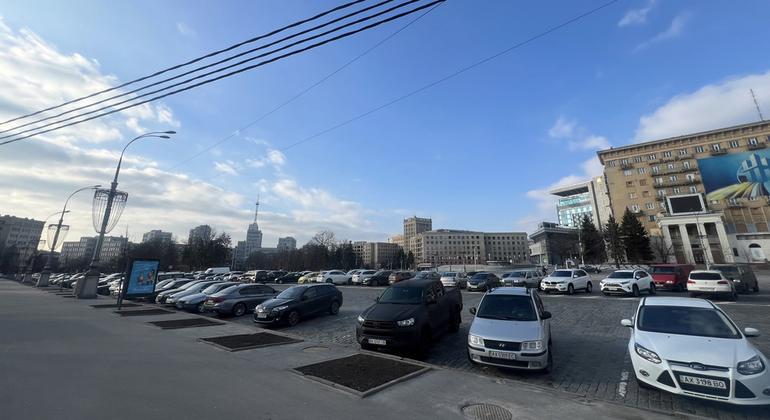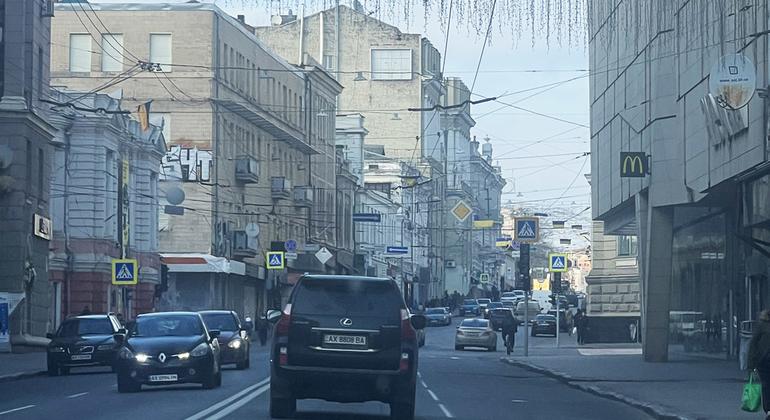
UNDP is working with the Kharkov authorities to help the city recover from the shelling of its infrastructure. The UN is helping to restore power supply in Kharkov after the largest Russian attack on Ukraine’s energy sector Peace and Security
As a result of the latest devastating Russian missile attacks on the Ukrainian energy sector, more than a million residents of the country are left without electricity and other critical infrastructure services, such as water, sewerage, and heat. The most critical situation today is developing in Kharkov. The United Nations Development Program (UNDP) is working with local authorities to help the city recover from the shelling of its infrastructure.
“That morning (Friday, March 22) didn’t start with coffee. News about mass attacks on the power grid. There is a blackout in Kharkov. Calls from our partners from local government – and my team and I are there five hours later – working on assessing the damage from the largest Russian missile attack on Ukraine during the entire full-scale invasion and on solving new problems for the city,” says the head of the Energy and Ecology department » UNDP in Ukraine Roman Shakhmatenko.

UNDP specialist Roman Shakhmatenko with Deputy Mayor of Kharkov Dmitry Isaev.
“The entire city was without power. Mobile communications were almost completely lost because the operators’ towers were not working. Within 24 hours, local authorities managed to restore almost half the power supply,” he adds.
The authorities promise to provide electricity throughout the city in the near future, and local residents are asked to use electricity sparingly and be prepared for appropriate restrictions during peak hours (special power outage schedules have been developed).
Despite everything, Kharkov continues to live
“Despite everything, Kharkov continues to live,” says Roman. – If you look at the city during the day or in the evening, you won’t say that there are any big problems. The sun is shining, people are drinking coffee. There are a lot of cars in the city, and there is a traffic jam at the entrance to Kharkov. Traffic is regulated manually as traffic lights do not work. Residents use generators that they bought earlier. The city is probably already accustomed to various challenges. Kharkov cannot be broken!”

“Our main task now is to develop an emergency power supply system for critical infrastructure, on which the supply of water and heat to people and the operation of city sewerage depend,” says a UNDP specialist. “Due to the latest rocket attacks, transformer stations were badly damaged, and the city does not receive electricity from generation centers.”
“There are three main components in the energy system,” explains Roman Shakhmatenko. – Generation (production of electricity), transmission (its transmission, that is, substations, transformers that convert energy from high current to low) and then distribution (distribution of energy among users).”
“The main problem is that in Ukraine the energy system is still of the Soviet type – electricity is produced in one place and then transmitted to consumers. That is, if one autotransformer knocks out (given their small number), then the entire system can be “put down.” That is, the energy system is very vulnerable due to the fact that it is centralized. Therefore, our another important task now is decentralization of the energy system. Kharkov needs to create its own “energy island” so that there will be no such problems in the future. To do this, the city must be fully provided with its own capacities to generate electricity directly on site. This is exactly what we are working on now together with the city administration,” says the UNDP specialist.

Energy efficiency (smart and economical use of energy resources) is one of its important goals, in the achievement of which UNDP will also help. “The old Soviet infrastructure consumes a lot of electricity. If this consumption is reduced, then generation will be easier,” says Roman. – We are now analyzing the situation. So far, the rubble has not been completely cleared everywhere. The city is partially helped by generators that were purchased earlier. Some of them were once brought by us.”
Previously, together with the European Union, the governments of Japan, Norway, Iceland, Sweden, Germany and the Republic of Korea, UNDP has already supplied critical equipment to Ukraine – autotransformers and gas turbines.
“First of all, our efforts were aimed at restoring the transmission of electricity. There were about 90 transformers in the entire energy system in Ukraine. Half were damaged or destroyed. And now international organizations are helping to purchase new ones,” shares a UNDP specialist. “We will look for such opportunities now.”
